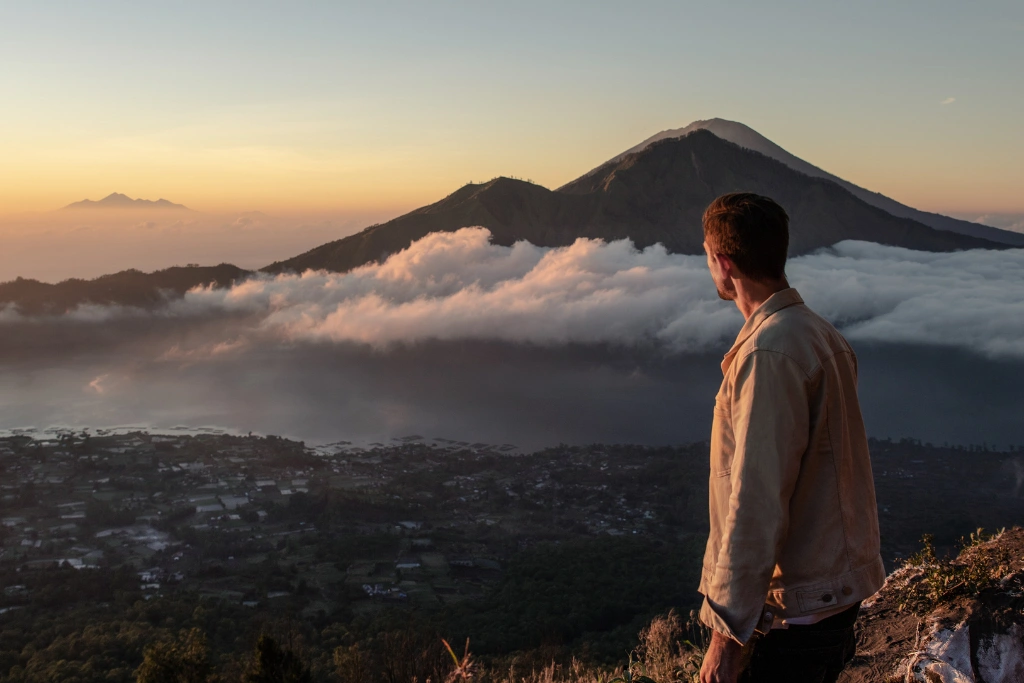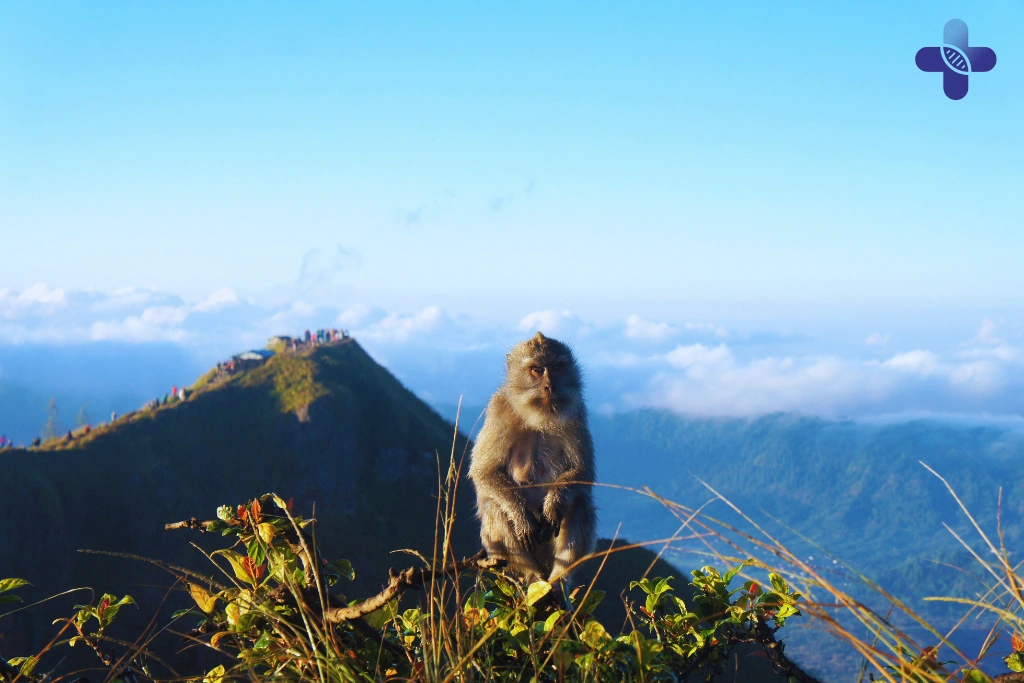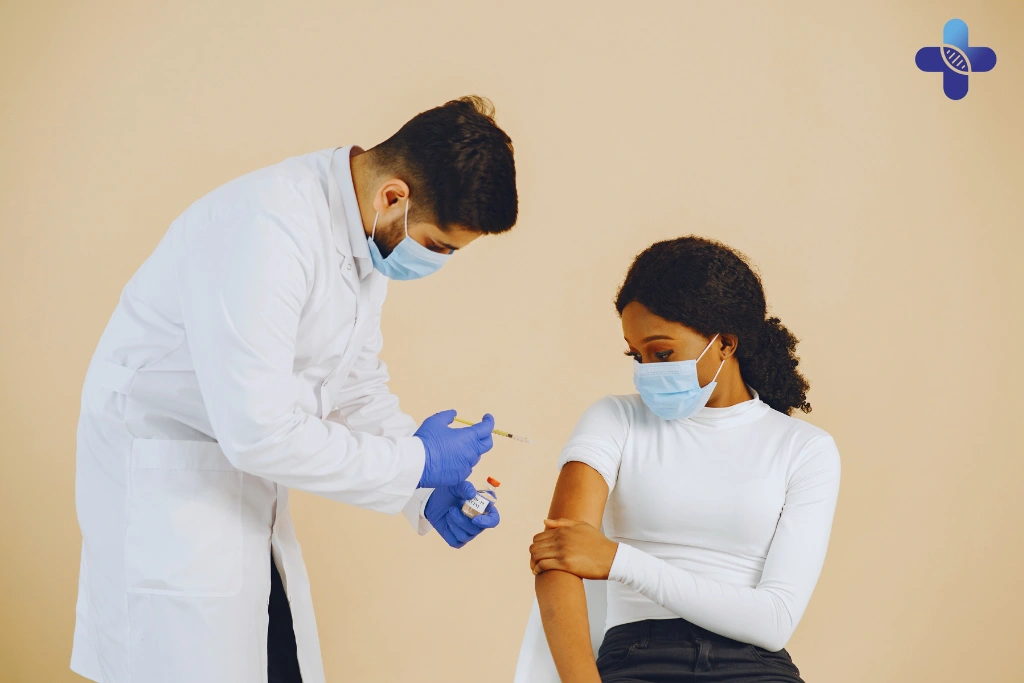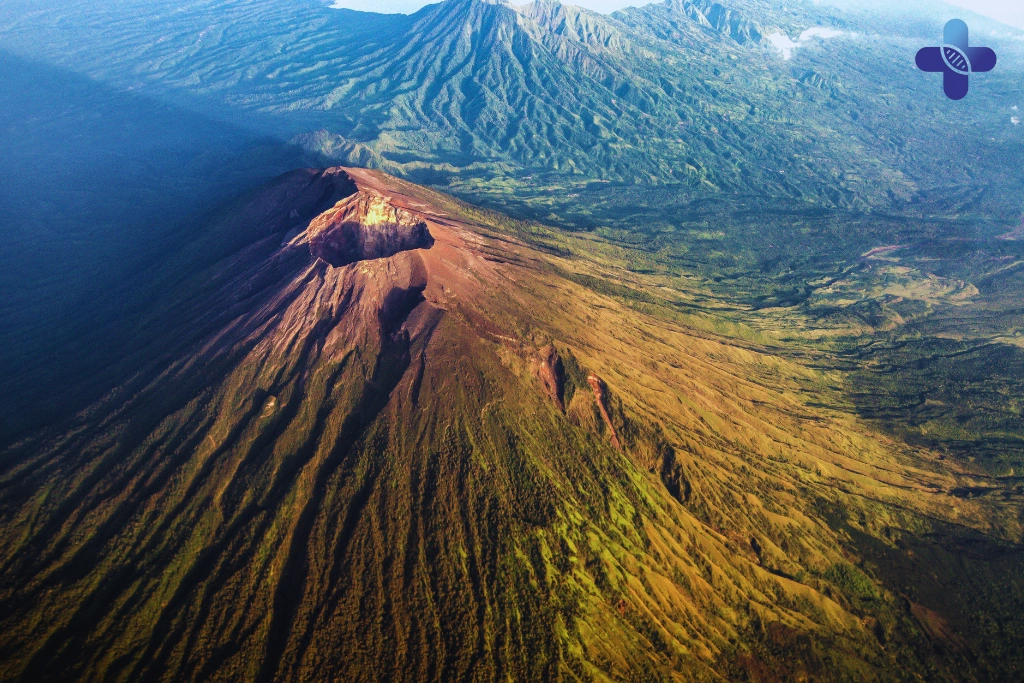Bali’s hiking trails are as diverse as its landscapes—from misty volcano peaks to lush jungle paths and cascading waterfalls. But with such natural beauty comes the need for smart preparation. This 2025 guide to Bali hiking safety offers essential insights for outdoor adventurers, including how to navigate local terrain, what to pack, and how to safely handle unexpected wildlife encounters. Whether you’re trekking at sunrise on Mount Batur or exploring hidden jungle trails, being informed is the first step to a safe and unforgettable experience.
The Adventurer’s Guide to Hiking Safety in Bali: From Volcanoes to Waterfalls

Hiking in Bali offers more than just physical activity—it’s a deeply rewarding experience that blends adventure, nature, and cultural connection. Imagine watching the sunrise from the summit of Mount Batur, feeling the cool mist near a jungle waterfall, or walking through quiet rice terraces surrounded by tropical greenery. These unforgettable moments are why Bali is a favorite destination for trekkers around the world. But behind every stunning view is a trail that deserves respect, planning, and awareness.
Whether you’re a first-time hiker or an experienced explorer, understanding hiking in Bali safety is essential. Trails often pass through remote areas where wildlife like monkeys, snakes, and village dogs are part of the environment. Each encounter requires calm, caution, and local knowledge. This guide will walk you through practical tips to prepare for Bali’s diverse terrains, how to respond to animals on the trail, and why clinics like Life Everyouth Bali, a trusted Medical Clinic in Bali, recommend considering rabies prevention as part of your outdoor travel checklist.
The Essentials: General Hiking Prep
Before setting off on any hiking trail in Bali, preparation is your strongest ally. Start with sturdy hiking shoes that offer good grip, especially for uneven or slippery paths common in jungle and volcanic terrain. Always carry more water than you think you’ll need, as the tropical heat and humidity can lead to dehydration faster than expected. Checking the weather forecast and avoiding hikes during heavy rain or storm warnings is critical for safety, especially in mountainous areas like Mount Batur.
Equally important is knowing your route. Bali’s hiking trails vary in difficulty and visibility—some are well-marked tourist paths, while others pass through villages, rice fields, or remote jungle. Hiring a local guide not only supports the community but also ensures you’re following safe, culturally respectful paths. Many trails are not documented online, so local knowledge can make a huge difference in both experience and safety.
At Life Everyouth, a dedicated Medical Clinic in Bali, we encourage every adventurer to approach hiking with a balance of excitement and responsibility. Whether you’re planning a waterfall trek or a sunrise volcano climb, our team at Life Everyouth Bali can provide travel health consultations, hydration advice, and support if you experience altitude symptoms, heat-related fatigue, or minor injuries. Staying healthy on the trail starts with smart choices before you even lace up your boots.
Wildlife on the Trail: Who You Might Meet

Hiking in Bali invites you into nature’s vibrant ecosystem—where lush jungle paths, terraced rice fields, and volcanic slopes are also home to a variety of wildlife. While most animals you’ll encounter are not dangerous, they’re still wild and must be approached with caution and respect. Knowing how to behave around them is essential for both your safety and their well-being.
At Life Everyouth, a trusted Medical Clinic in Bali, we meet many outdoor travelers who experience unexpected interactions with monkeys, dogs, or insects during their treks. Education and prevention are key. Being informed allows you to hike smarter, respond calmly, and avoid unnecessary risk. Here’s what you should know about Bali’s common trail companions:
Monkeys on the Mountain
Mount Batur and Mount Abang are famous not only for their panoramic sunrise views but also for their lively monkey populations. These long-tailed macaques are intelligent, opportunistic, and often unafraid of humans—especially where tourists have fed them in the past. They may approach hikers who are holding snacks or wearing loose bags, expecting to find food.
Feeding monkeys not only disrupts their natural behavior, but also increases the chance of aggression. They may snatch belongings, scratch, or even bite if they feel threatened or teased. A scratch or bite may seem minor, but can carry serious bacterial infections and potential exposure to rabies. That’s why Life Everyouth Bali, a reputable Bali Medical Clinic, strongly advises all hikers to keep their distance, avoid direct eye contact, and resist the temptation to interact—no matter how playful the monkeys appear.
For those planning multiple treks or visits to monkey-inhabited areas, Life Everyouth, your reliable Medical Clinic Bali, recommends pre-exposure rabies vaccination as part of your overall hiking preparation. It’s a smart safety net for adventurers in close contact with wild mammals.
Village & Farm Dogs
Many scenic hiking routes in Bali pass through traditional villages and rural farmland where free-roaming dogs are part of daily life. These dogs may lie in the shade along a path, follow you out of curiosity, or bark as a way to protect their territory. In most cases, they pose no real danger—but sudden movements, loud voices, or approaching in groups can make them nervous.
If a dog approaches or follows you, remain calm. Do not run, as this can trigger chase behavior. Avoid direct eye contact, speak in a calm tone if needed, and continue walking at a steady pace. Never attempt to pet, feed, or provoke them, even if they appear friendly.
At Life Everyouth, a dependable Medical Clinic in Bali, we’ve treated cases where dog bites occurred simply because a hiker misread a dog’s body language. Rabies, while not widespread in Bali, is still a risk in some areas. That’s why Life Everyouth Bali encourages long-term travelers and serious hikers to consider rabies PrEP (pre-exposure prophylaxis) before embarking on off-the-beaten-path routes. It adds a vital layer of protection, especially when you’re far from immediate medical help.
Snakes & Lizards
The tropical climate and dense vegetation of Bali make it a comfortable home for various reptiles. While it’s rare to encounter snakes during the day on well-used trails, it’s still wise to remain aware—especially in rice fields, riverbanks, or thick forest undergrowth. Most snakes are shy and will move away if they sense vibration or sound.
As a hiker, make it a habit to stomp gently or use a trekking pole to make subtle ground vibrations. Avoid stepping over logs or reaching into brush without checking. Never attempt to handle or photograph a snake up close—some species are venomous and can strike if cornered or provoked.
In line with WHO and Kemenkes safety guidelines, Life Everyouth Bali, a professional Bali Medical Clinic, advises immediate medical attention in the rare case of a snakebite. Do not attempt to suck out venom or use a tourniquet. Instead, get to Life Everyouth, your nearest Medical Clinic in Bali, where staff are trained in appropriate emergency response and treatment.
Leeches, Ants & Insects
Hikes near waterfalls, rivers, or dense rainforest can expose you to small but persistent creatures like leeches, fire ants, mosquitoes, and jungle flies. Leeches, in particular, are common during the rainy season in moist, shaded trails. Though they don’t carry disease, their bites can be annoying and sometimes cause allergic reactions or prolonged bleeding.
To protect yourself, wear long pants tucked into socks, apply insect repellent on ankles and exposed skin, and avoid sitting directly on damp ground. If you find a leech attached, don’t yank it off—instead, gently remove it with salt, soap, or a lighted match near the head (without burning yourself). For ant or insect stings, carry antihistamines or anti-itch cream in your kit.
Life Everyouth, your go-to Medical Clinic Bali, recommends all jungle hikers carry a compact first aid kit tailored for tropical trekking. We can assist in preparing one based on your route, allergies, and length of stay. Should you develop unusual swelling, rash, or infection after an insect encounter, Life Everyouth Bali is ready with fast, professional care tailored for nature explorers.
The Hiker’s Health Precaution: Rabies Awareness

While many hikers prepare for blisters, sore muscles, or insect bites, few think seriously about the risk of rabies. Yet in Bali, encounters with monkeys and village dogs are common—especially along rural or mountain trails. These animals may appear friendly, but a single scratch or bite can carry significant risk, especially if you’re deep in nature and far from medical help. Access to proper wound care and post-exposure rabies treatment may be hours away, which can delay life-saving interventions.
At Life Everyouth Bali, a trusted Medical Clinic in Bali, we often see cases where travelers underestimate how fast a harmless-looking encounter can turn into a health emergency. According to the World Health Organization and the Indonesian Ministry of Health (Kemenkes), any mammal bite must be treated as a potential rabies exposure. Post-exposure treatment is available—but only if you act quickly and receive it in time. That’s why prevention is not just optional; it’s essential for travelers planning remote treks, multi-day hikes, or long stays near rural communities.
To reduce this risk, Life Everyouth, your reliable Medical Clinic Bali, strongly recommends the pre-exposure rabies vaccine (PrEP). This preventive vaccine simplifies the treatment process if an exposure occurs and gives you valuable time to reach a clinic without panic. For digital nomads, long-stay tourists, and serious adventurers, PrEP offers peace of mind and freedom to explore with confidence. To learn more about how to get vaccinated before your journey, visit our detailed rabies vaccine page and start your adventure prepared, protected, and informed.
Conclusion Bali Hiking Safety: A Guide to Trails & Wildlife Encounters (2025)

Bali’s hiking trails offer a mix of raw natural beauty and unforgettable adventure—if you approach them with the right preparation. Whether you’re trekking up Mount Batur, exploring jungle waterfalls, or walking through quiet rice paddies, understanding hiking in Bali safety transforms your trip from risky to rewarding. From choosing the right gear to navigating encounters with monkeys or village dogs, your safety depends on respecting the environment and staying informed.
At Life Everyouth, a trusted Medical Clinic in Bali, we believe that outdoor exploration should always be supported by health awareness. Whether you’re seeking pre-travel vaccinations, first aid advice, or post-hike care, Life Everyouth Bali is here to help you stay strong, protected, and ready for your next trail. Because every safe step brings you closer to the adventure you came for. Happy trekking, and remember—nature respects those who respect it.
Frequently Asked Questions: Hiking in Bali Safety Bali Hiking Safety: A Guide to Trails & Wildlife Encounters (2025)
Is it safe to hike alone in Bali?
Some popular trails like the Campuhan Ridge Walk in Ubud are safe enough for solo hikers, especially during daylight hours. However, for volcano treks like Mount Batur or remote jungle paths, hiking alone is not recommended. The terrain can be unpredictable, and mobile signals are often weak. Hiring a local guide ensures both your safety and a more immersive experience. If you have any health concerns before going solo, consult Life Everyouth, a reliable Medical Clinic in Bali, for a quick check-up and advice.
Are the monkeys on Mount Batur aggressive?
Monkeys at Mount Batur have become very accustomed to humans, especially since they’re often fed by tourists—something that should be avoided. While not naturally aggressive, they can become bold and even threatening if they expect food or feel cornered. Avoid direct eye contact, don’t carry visible snacks, and keep bags zipped. If you’re ever scratched or bitten, Life Everyouth Bali, a trusted Medical Clinic Bali, is equipped to provide wound care and assess rabies risk.
What should I do if a village dog starts following me?
Stay calm. Most village dogs are territorial but not dangerous. Don’t run, make sudden gestures, or stare directly at them. Continue walking steadily and quietly—most dogs will eventually lose interest. If you’re concerned about dog behavior or potential bite risks, Life Everyouth, your go-to Medical Clinic in Bali, can provide education on post-bite care and rabies prevention options.
How common are venomous snakes on hiking trails?
Venomous snakes do exist in Bali, but encounters on well-trodden trails are rare. Most snakes are shy and avoid human activity. To reduce risk, stay on marked paths, don’t walk barefoot, and avoid reaching into thick foliage. In case of a bite, remain calm and seek immediate care at Life Everyouth Bali, where trained medical staff can assess and respond quickly.
Do I need to worry about leeches on jungle hikes?
Yes—especially if you’re hiking near rivers, waterfalls, or moist jungle areas during the rainy season. Leeches are harmless but can cause discomfort. Wear long pants, high socks, and apply insect repellent around ankles. If you develop a rash or experience allergic reactions, visit Life Everyouth, a reliable Bali Medical Clinic, for evaluation and care.
What items should be in my hiking first-aid kit in Bali?
At minimum, bring antiseptic wipes, plasters, blister pads, bandages, tweezers, and any personal medication. If you’re unsure what to include, the team at Life Everyouth Bali, a trusted Medical Clinic Bali, can help you assemble a hiking-specific kit suited for Bali’s tropical conditions.
Should I hire a local guide for treks like Mount Batur?
Yes. Local guides know the terrain, changing weather, and cultural etiquette. They can also help in emergencies, assist with navigation, and enrich your understanding of the environment. If you’re planning a high-altitude or long-distance hike, get a basic health assessment first at Life Everyouth, your dependable Medical Clinic in Bali.
Are there large wild animals in Bali’s forests?
No. Bali does not have dangerous predators like tigers or bears. The largest wild animal you might see is the civet cat, which is shy and mostly active at night. Your greatest wildlife concern while hiking remains smaller animals like monkeys or insects, which can still pose health risks if not handled carefully. For more info on hiking-related health risks, visit Life Everyouth Bali, a respected Bali Medical Clinic.
Can I drink water from streams or waterfalls in Bali?
No. Even though the water may appear clear and clean, natural water sources in Bali often contain bacteria or parasites that can cause gastrointestinal illness. Always carry sealed bottled water. If you’ve consumed untreated water and experience symptoms, contact Life Everyouth, a professional Medical Clinic Bali, for prompt treatment.
What should I do if I get bitten by a monkey while hiking?
Immediately wash the wound with clean water and soap for at least 15 minutes. Then, make your way to the nearest medical facility as soon as possible. Time is critical when it comes to potential rabies exposure. At Life Everyouth Bali, a reliable Medical Clinic in Bali, we offer full assessment, wound care, and access to post-exposure rabies treatment. Don’t delay—early care makes a major difference.
